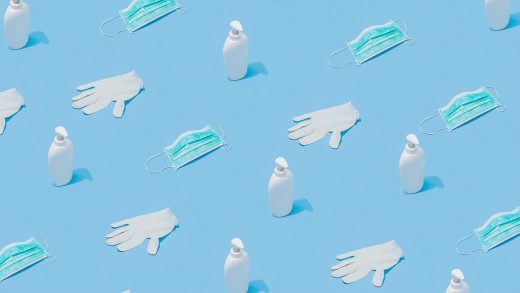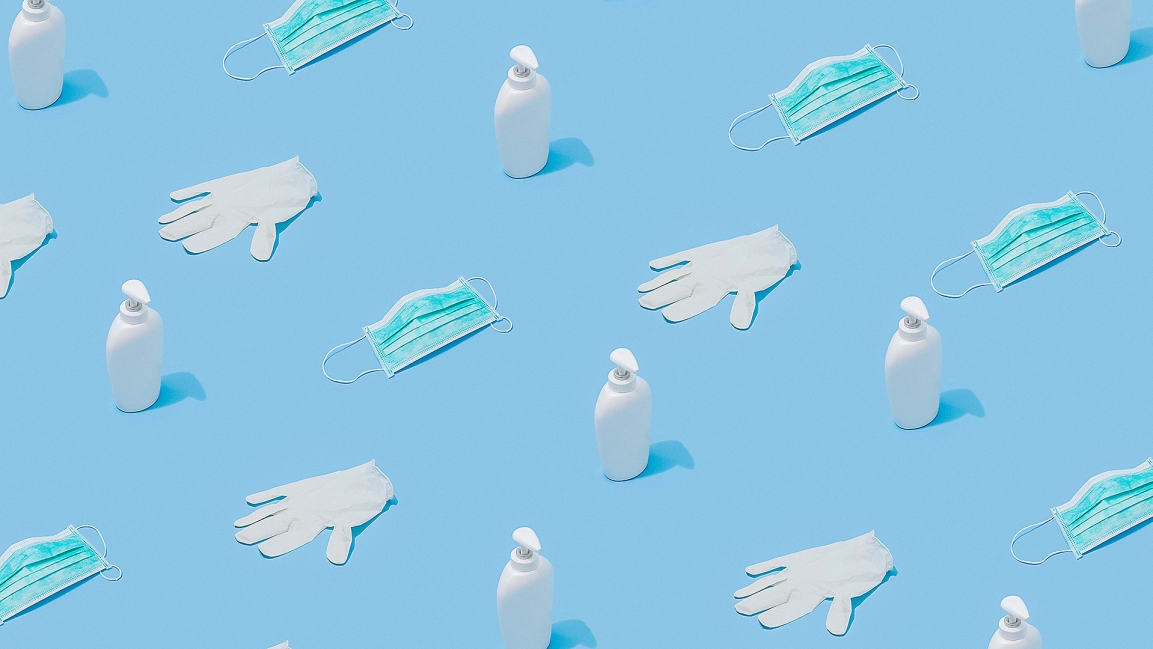While they wait for the vaccine, millions of Africans can’t easily social distance or wash their hands
In Africa, those steps are arguably more important—since only 2.5% of the continent’s population of 1.2 billion has been vaccinated. But, a new study suggests that many of these techniques are basically impossible, due to living conditions defined by poverty, such as a lack of running water and toilet facilities, overcrowding, and homes with only single rooms. The authors propose that the influx of vaccines, currently being hoarded by developed countries, is urgent. And, in the long term, the world needs to work together on more coordinated public health responses.
The University of Bristol study considers several non-pharmacological public health interventions (NPIs)—those steps to prevent infection that don’t involve drugs or treatment—using household data from past years for all of Africa’s 54 countries. The study produced some alarming figures (though not the availability of masks). It found that 718 million Africans live in households with 6 or more individuals, many of which are not multi-room homes; and, about 283 million live in households where 3 or more people sleep in the same room. These conditions make it impossible to stay physically distanced. Coauthor Tim Brewer, an infectious disease physician and epidemiologist at UCLA, says that, using the standard definition of “close contact”—as 15 minutes of contact between people within 6 feet over a 24-hour period—in these African homes, “that’s likely happening every single day.”
When it comes to handwashing, an estimated 890 million Africans lack running water at their dwelling; in half of the countries, that median lack of water on site is more than 70%. And, 700 million lack soap or washing facilities at home. Once people are exposed to or have the virus, it’s also hard to lock down via quarantine or 10-day isolation. “If you can’t store food in your house, you can’t stay in your house for 10 days,” Brewer says. Seventy-nine percent of Africans don’t have a fridge at home, and 45% have to share toilet facilities with other households. So, people have no choice but to be exposed to and spread the virus “just to meet basic needs of living.”
It’s hard to assess whether these trends are reflected accurately in the case rates. Diseases are often hard to diagnose due to poor resources, says Brewer, who spent many years working in West Africa earlier in his career. “I can tell you we had a lot of people die, who we didn’t know why they died,” he says of that stint. There are thought to have been 5.5 million cases of COVID-19 in Africa so far, out of 215 million globally, which to Brewer seems lower than the reality.
The figures do vary dramatically across countries: For instance, those without on-site water varied from 0.6% households in Mauritius to 93% in the Central African Republic. That variation is also true of vaccination rates. While Seychelles and Morocco have given shots to 76% and 49% of people, respectively, Burkina Faso and Tanzania have vaccinated just 0.3% and 0.4%. Still, as of August 23, just 2.48% of the entire continent’s population have received two doses (compared to about 40% in Europe and North America, and 25% in Asia).
Africa has been “shortchanged” when it comes to vaccines, said Akinwumi Adesina, president of the African Development Bank, this week. COVAX, the worldwide initiative that was supposed to guarantee doses to poorer countries, was weakened because wealthier countries did early deals with manufacturers. So, Africa is now relying on various unpredictable sources: COVAX, and donations from countries including China, Russia, and the U.S., which aren’t enough, and are slow-moving. Some experts say the bulk of Africans won’t receive shots until 2023.
Quite simply, for Brewer and his coauthors: Africans need vaccines. “That’s the take-home message,” he says. “We can’t expect people to do some of the things that we’ve [been] doing in high-income countries.” The world’s response has been “decentralized, and very nationalistic,” he says, which is an ineffective strategy in the context of a global pandemic with a highly contagious virus. “We have to recognize that we’re not going to do this on a country-by-country basis.”
That’s an important lesson for the next pandemic because: “There are going to be more of these,” he says. Nations need to work together so that poorer people are better served when a crisis comes around. “The bottom line is that the system did not work the way it needed, to provide a truly equitable global response.”
(76)



